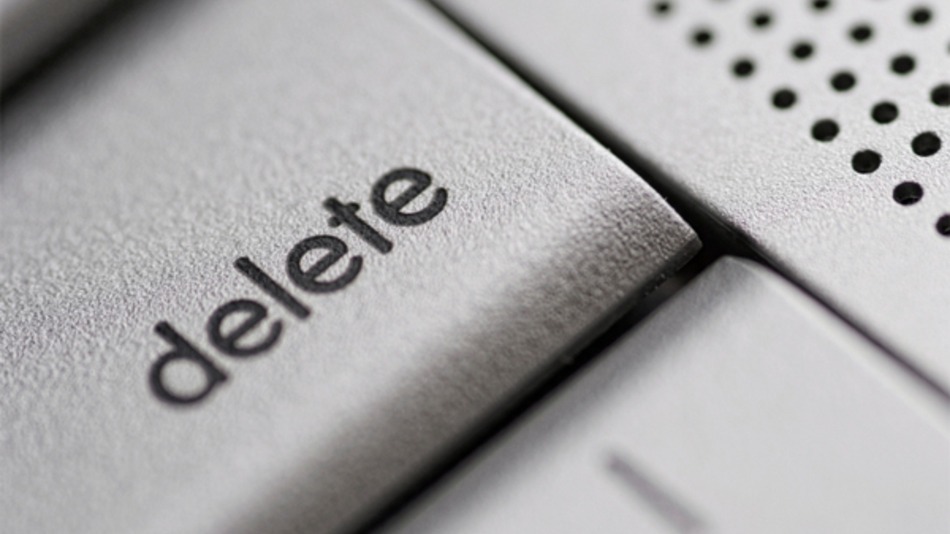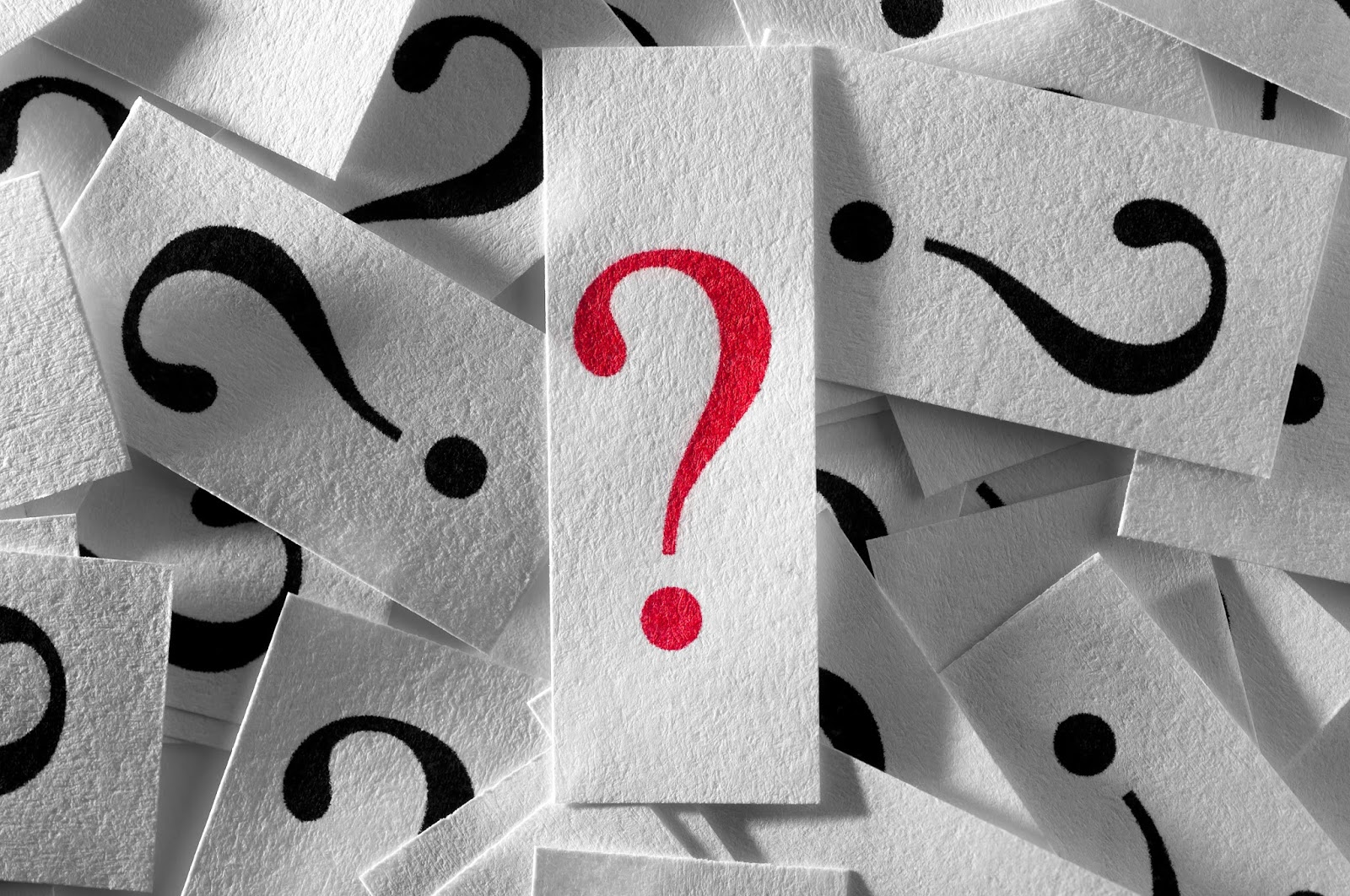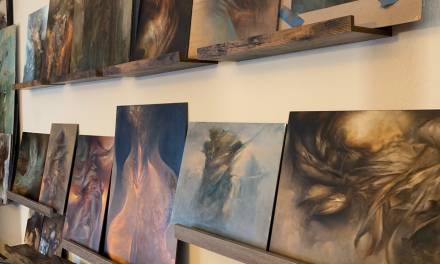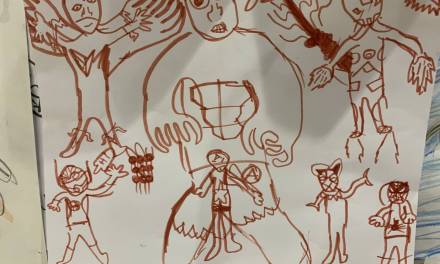There’s an old adage that frames perfectly for me what we all could do well to learn for our new ongoing remote experiences, editorial feedback and AD notes, that are often misinterpreted, or misdiagnosed when they come in. It’s essentially the zoological rendition of Occam’s Razor: If you hear hooves pounding, look for horses not zebras.
In short, and exacerbated by the consequences of our increased social media integration, hyper-accelerated by the pandemic now, we are more and more required to check ourselves when it comes to incoming email note, texts and online comments. We often tend to misinterpret meaning or what is being said because we only hear what we in our own brains want to hear. If we’re having a bad day, the slightest quip can seem like an attack. A legitimate editorial note can seem like affront. We get in front of ourselves all the time, but in this way, we often create the very combat we think we’re responding to, but wasn’t;t initially there in the first place.
The crux of one side of that problem is that texts and emails and comments are devoid of tone, and tone is where humor is distinguishable from hatred. We are emotional creatures and we fill in that empty space with whatever we have from ourselves- regardless of whether or not it was the intent of the sender. Emojis help, or like a bad comedian on a stage trying to quiet an angry audience by explaining the joke that landed badly… or doing so prophylactically and then tank the joke by trying to save it. I rely upon the crocodile put of social media to liberate my work and to build my business, and it has been a tremendous net positive, despite all the also true things about its dangerous addictive qualities and the brain worms people will say online that they would never be caught uttering aloud in person. (Dig into some random twitter comments and tell me I’m wrong). It can be an exploding toilet of means and cruelty out there, and a hard storm to weather if you take it seriously or internalize it. You can’t stem the tidal flow of garbage, but what you do with this garbage is a power you possess. USE IT.
And if you just cannot, don’t beat yourself up about it. it can really get in you in a bad way and mess your brain up, so take breaks, post and run, have a friend or assistant manage it… find a way to cope with the tool- which is what it is really, and a troll that can liberate you from publishers and galleries and all the old gatekeepers that used to rule and now preside over very little as a result of this great democratizing instrument. Just forgive yourself for being a person and find a way to cope as only you can decide.
The other causal feature is more personal but it’s also your fault as a receiver: You love the work you make, you are invested in it, and anytime someone says something about changing it, it feels like someone looking at your beautiful baby and saying he has funny eyebrows or you boyfriend smells like cabbage. It stings. And frankly after doing this kind of thing since the 9-‘s myself, it continues to sting. Maybe it always will and should- a negative response to what is essentially coming from a place that’s a net positive: my love and devotion to the thing I am making. Sometimes it stings because they are TOO right- the note comes to poke a finger at a weak spot you know is there but can’t seem to solve, and are trying to ignore or brush past it. But they see it, and they throw a dart right at your weak bits. That stings even more so. But it doesn’t mean they are A: wrong or B: mean.
The wrong response editorially is to take it personally by making it personal. Nearly every note is not that- nor should they ever be really. Yes they can be RIDICULOUS, and yes they can be so mind bogglingly silly or stupid that you may not believe the note as a serious thing at all. (I have a little file folder filled with some of my favorites. You will be able to make one of these for yourself. Bad notes never cease). But in an editorial or art directional context, they are expressions of the professional relationship, and you need to play professional even ion you don’t feel that way, in response. Anything else blows back on you, not them. It hurts your career not their, and it harms your being someone they might call on or not based on how difficult you are in taking notes at all. The side effects of working well with others could never be better elucidated than by my Art Director pal-genius, and fellow MC writer, Lauren Panepinto, and you can and should read her article on the current benefits of this HERE.
I have often very strong and supportable beliefs in the work I do and I am not shy about making that case. But like any lawyer seeking a career in law rather than a career-ending battle, when the ruling comes down- Best case made or not, you relent. This is part of the long scope you want to have and let the hit be part of the flow rather than the end of the world. I get it we’re ll on edge more than usual, things are CRAZY insane out there and we’re paperclips trying to surf a tidal wave that changes direction daily, but as Lauren so keenly reminds us, so are they.
So what to do?
Take a breath. I myself employ a long standing tool in this regard by refusing to answer an email edit that makes me fume until I’ve had a decent night’s sleep. We live in a society fueled by immediate gratification and its easy to forget that THIS CAN WAIT. No one’s going to die. This is art not heart surgery. Take a step back cool your jets. I have found the clear eyed light of the next day can make me both see the value in even the most asinine or triggering edit, and more importantly understand it and find a workaround that my fevered injured ego could not concoct the day before. Solves often come from a fresh perspective so make sure to give yourself that possible benefit and chill. What the heat of the moment interprets as an attack, may be something else. Give your intellect time to wrestle your emotions down and be sure before responding. Be sure you hear horses coming, not assume something unlikely like zebras.
For online means, simply recognize however public this all is, or astute that you see yourself as… people screw up. They say dumb things, they make inappropriate jokes or comments, and that doesn’t mean they’re terrible people or after you personally. Sometimes they actually are, and those people should be blocked and ignored. (Trust me if it’s revenge you’re seeking with these trolls, pretending they don’t exist is literally the best Klingon-scale vengeance you could ever visit upon these attention hounds). The internet seems prone to fight more than anything else and so be cognizant of that particular personality trait. Getting into a nasty fight online doesn’t;t prove a good look for you to others who might want to engage or buy your art, book, movie, music or whatever. When did you ever walk toward a couple vocally fighting with each other on the street? You might rubberneck it, but what you do is you keep steppin’. Which is kind of the exact opposite of why you’re there int he first place. The other thing that can come at a cost in these poorly handled conflicts online is that your existing and certainly your future potential clients will be witness to your behavior. Just because you are at home and engaging privately doesn’t mean what you’re doing isn’t HUGELY PUBLIC. And it sin this forgetting that we see zebras where horses really are too: the people throwing shade at you online also mistake what’s actually happening and what they are doing. It’s just a thing that is, and like all actual horses, is what it is. Be better be wiser, take a breath and make sure to do good not just well. Even if you’re a villain at heart, it’s a tactic that will reward you, so fake it until you make it. The alternative is worse.









Love this! And it really is necessary and such a vital part of communicating online. “Look for horses, not zebras.” Such a simple thing, and shorter than ‘always assume the best intentions with text’ which has been my mantra for a while after a couple of apocalyptic events that escalated from a lack of available snickers bars.
Is this kind of related to the energy drain that happens when doing video chats? I’ve seen a few articles about how people have to exert extra effort to not look horrifically uninterested in the conversation. My resting expression can be read into so many different ways that I have to put on an almost clown-like visage just to look normal on the screen. Our resting expressions, like text, can be completely benign in intent, but might be hurling fiery skulls in people’s minds.
Greg, wonderful article. It got me thinking, thanks for that!
Very good advice! This is part of why I try really hard, in person and online, to take nothing personally. My default assumption is going to be that it’s not about me until some one directly confronts me and tells me otherwise. Trying to read into other people’s intent is a recipe for drama, especially if you have the wrong read.
I think it’s a craft we all have to learn going forward: We need to screen out stuff, be editors of information. Right now we’re all trying to sip water by standing under a waterfall and we’re going to have to develop a keen sense of pushing back the torrent of information… a sort of psychic straw to sip the incoming everything with. Right now we all look like Tippi Hedrin trying to beat back the birds pecking at her hair. Harder surely for the older gens, but our kids will likely take this on as a basic thing.